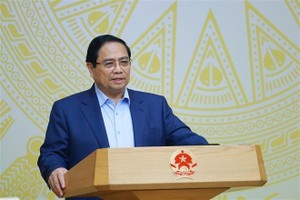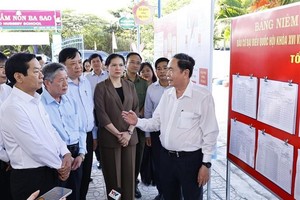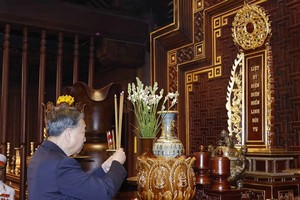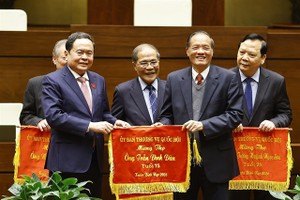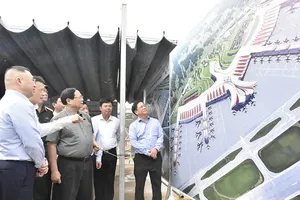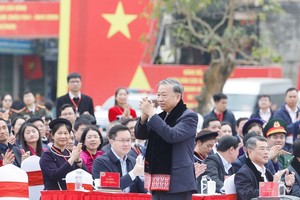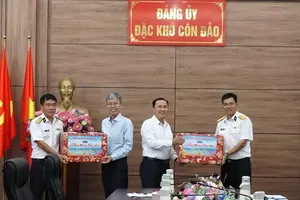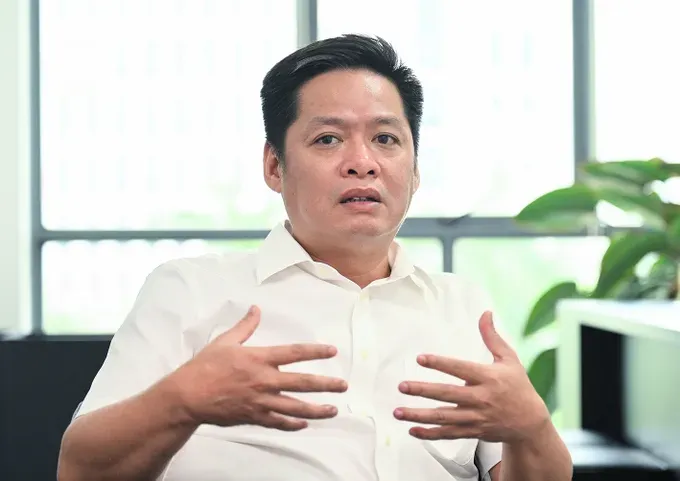
In an interview with SGGP reporters, Deputy Director Nguyen Tu Long of the Ministry's Department of Civil Servants and Public Employees shed light on the proposed changes.
According to Deputy Director Nguyen Tu Long, the current system is flawed because it manages public employees and civil servants under the same framework, despite their distinct roles. While civil servants focus on administrative and regulatory tasks, public employees are professionals responsible for delivering public services. This new draft aims to address this discrepancy by granting public employees expanded rights and a more suitable management structure.
The draft law therefore introduces comprehensive reforms to distinguish the two. It strengthens institutional autonomy and accountability for public service units, covering recruitment, training, evaluation, appointments, rewards, and disciplinary actions. Greater autonomy, Deputy Director Nguyen Tu Long emphasized, will translate into greater rights.
At the same time, the law aims to encourage private-sector participation in the provision of public services through fair competition, transparency, and equal treatment. For essential public services that directly affect citizens and are delivered regularly and continuously, however, the State will retain a dominant role to ensure quality and stability.
To implement this framework, the draft proposes a legal basis for classifying public service units according to the nature of their functions (essential services, supplementary services, developmental/innovative services) and their delivery methods (state-provided, socialized, or regulated). Based on such classifications, different organizational models will be applied rather than imposing a uniform structure or financial autonomy framework, as is the case today.
Recruitment procedures will also be diversified. Alongside traditional competitive examinations, the draft introduces interviews and dossier-based reviews for direct hiring. This aims to reduce administrative burdens and attract high-quality professionals from the private sector. For individuals with proven experience and reputation in the private sector, recruitment will no longer require examinations—interviews and documentation will suffice. In addition, public non-business units may directly contract or appoint qualified experts without relying solely on conventional hiring through service agreements.
A significant innovation concerns the rights of public employees. The draft envisions broader rights, including:
- The ability to sign contracts with other public non-business units outside their current workplace.
- The right to invest in, establish, manage, or work for enterprises founded by their employing public non-business units, particularly to commercialize research outcomes, intellectual property, and digital technologies.
- Opportunities to work temporarily in universities, research institutes, businesses, or international organizations, while still retaining the right to contribute capital, participate in management, and advance technological development.
- Legal protections that exempt or mitigate responsibility when damages occur under circumstances beyond their control, or when they act in compliance with unlawful directives after reporting concerns.
- Evaluation and performance assessment will also be overhauled. Public employees will be assessed based on measurable criteria tied to job outputs, innovation capacity, and adaptability, with results directly linked to salary, promotion, and appointments. This shift is designed to create motivation, fairness, and to end the 'one-size-fits-all' approach to evaluations.
Finally, the draft reinforces decentralization and accountability. Public non-business units will gain full discretion over personnel and resources, proportionate to their level of autonomy, with leaders held directly responsible for management outcomes. Units will be able to design tailored evaluation, salary, reward, and disciplinary systems aligned with their specific missions and organizational models. Direct recruitment of experts and experienced professionals from the private sector will also be permitted, giving units greater flexibility to attract top talent.
